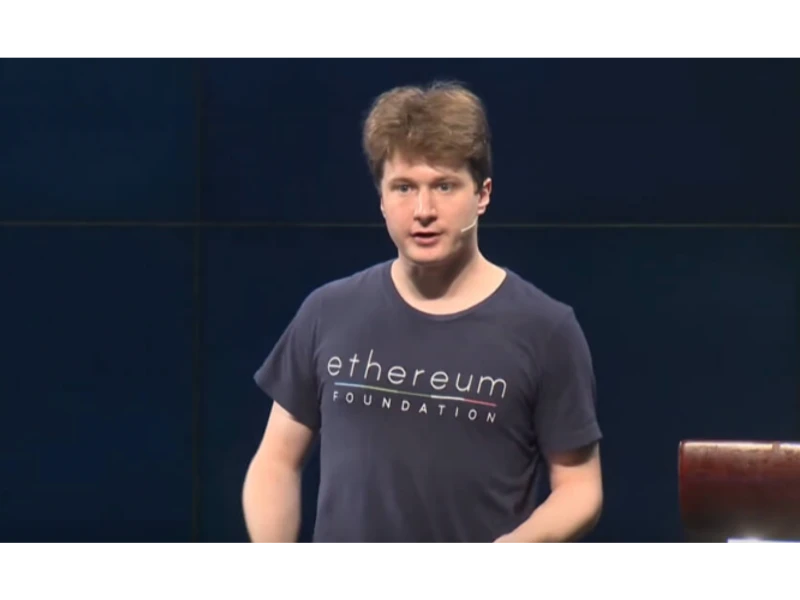- Former Ethereum developer Virgil Griffith released early.
- Griffith applies for a presidential pardon.
What happened: Griffith’s release and pardon bid
On 9 April 2025, former Ethereum developer Virgil Griffith left FCI Milan prison managed by the Federal Bureau of Prisons. He moved to a halfway house in Baltimore. His lawyer, Alexander Urbelis, posted a photo on X of Griffith and his parents. Griffith pleaded guilty in 2021 to conspiring to violate U.S. laws relating to money laundering using cryptocurrency and sanctions related to North Korea. He attended a crypto conference in Pyongyang in 2019. A judge sentenced him to 63 months and a $100,000 fine. A judge cut his sentence to 56 months in April 2024. He served part of his term at a low‑security facility in Michigan. He will soon apply for home confinement.
He faces probation and strict Commerce Department restrictions until 2032. He cannot export technology under these rules. Griffith was initially released on bail after his arrest in November 2019. He later violated bail conditions by accessing his crypto account to pay legal fees. His legal team is seeking a pardon from President Trump. Griffith’s pardon process is ongoing according to his counsel. He hopes the pardon will restore his career in blockchain research.
Also read: 6,663 Ethereum offloaded on Coinbase amid ongoing sell-off
Also read: Ethereum may rally in Q1 with historical bullish trend
Why it’s important
Griffith’s case highlights the legal risks for blockchain developers working internationally. His pardon request may influence how sanctions laws apply to crypto activities. The outcome could set a precedent for future prosecutions under the International Emergency Economic Powers Act. It may affect regulatory approaches by the Department of Commerce.
Legal teams for other crypto figures may follow suit in seeking pardons. The case underscores tensions between open research and national security concerns. Authorities may review guidelines for technical presentations abroad. Crypto conferences and developers will watch policy shifts closely. The decision may shape how governments enforce export restrictions. It can inform compliance strategies for firms and individuals. Investors and companies may adjust risk assessments accordingly. The ongoing process may guide legislative reforms on digital asset regulations. Overall, the case adds to debates on balancing innovation and security.

